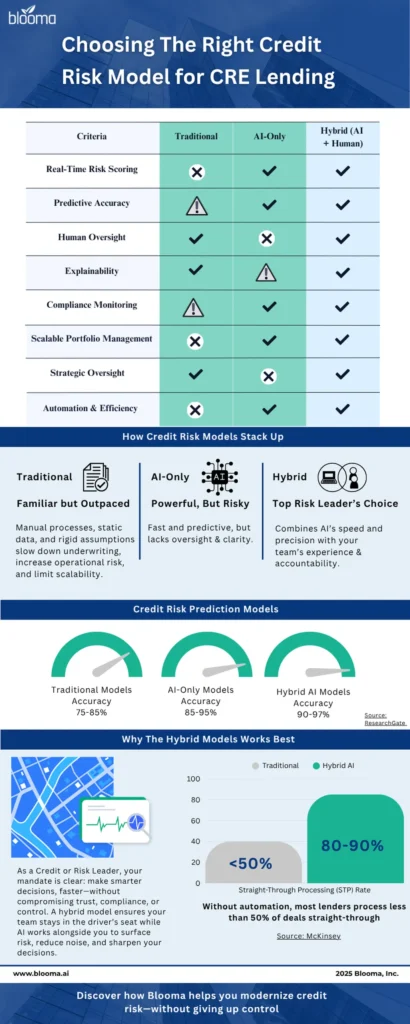In the world of agricultural finance, assessing the credit risk of small and medium-sized enterprises (SMEs) has long been a formidable challenge. The inherent information asymmetry in this sector often renders traditional credit risk models ineffective, leaving lenders in the dark and potentially stifling growth in the agriculture sector. However, a groundbreaking study published in *Scientific Reports* offers a promising solution, blending expert knowledge with cutting-edge machine learning techniques to create a robust credit risk assessment tool.
The research, led by Tao Li from Weifang University of Science and Technology, introduces a novel two-stage model that first quantifies stakeholder judgments using the Fuzzy Analytic Hierarchy Process (Fuzzy AHP) and then trains a neural network to replicate this expert decision logic. This approach not only addresses the data scarcity issue but also provides an operational decision-support tool that could revolutionize lending practices in the agriculture sector.
“Our model leverages the collective wisdom of stakeholders to create a more accurate and reliable credit risk assessment tool,” said Li. “By integrating expert knowledge with machine learning, we can provide lenders with a powerful tool to make informed decisions, even in data-scarce environments.”
The model’s exceptional predictive accuracy, with a Root Mean Squared Error (RMSE) of approximately 0.0100, underscores its potential to transform the agricultural lending landscape. By identifying ‘Financial Status’ and ‘Development Planning’ as the most critical risk themes, the model offers valuable insights that could help SMEs improve their creditworthiness and secure the funding they need to grow.
The commercial impacts of this research are profound. For lenders, this tool can reduce the risk of bad loans and open up new opportunities for investment in the agriculture sector. For SMEs, it can mean easier access to credit, enabling them to invest in new technologies, expand their operations, and ultimately, boost agricultural productivity.
Moreover, this research paves the way for future developments in the field of AI applications in information-asymmetric environments. By demonstrating the effectiveness of knowledge-informed neural networks, it sets a new paradigm for machine learning models that can learn from expert knowledge and make accurate predictions even in the face of data scarcity.
As the agriculture sector continues to evolve, the need for innovative financial tools will only grow. This research offers a glimpse into a future where machine learning and expert knowledge combine to create powerful decision-support tools, shaping the future of agricultural finance and driving growth in the sector.
In the words of Li, “This is just the beginning. The potential applications of this approach are vast, and we are excited to see how it will shape the future of agricultural finance.”

